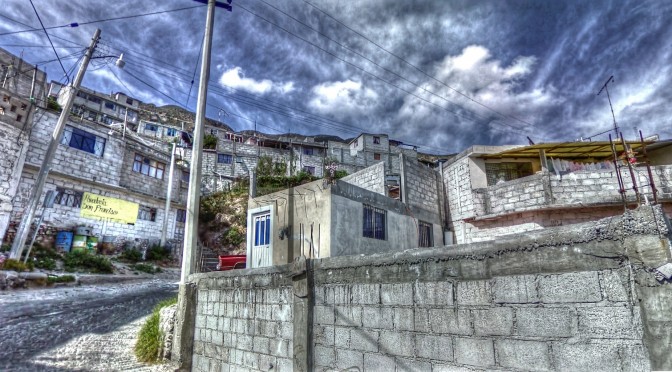Please join us for the third workshop of the Spring 2016 Term:
Rescuing the Community Principle
Jesse Spafford, The Graduate Center, CUNY
Thursday, April 14th, 2016, 12:30-2:00pm
Location: GC Philosophy Dept. Thesis Room
Please see the abstract for the talk below.
Rescuing the Community Principle
In Why Not Socialism? (2009), G. A. Cohen proposes a set of egalitarian principles presented as a statement of the socialist philosophical position. Of these, Cohen’s principle of community has drawn recent attention with its claim that any significant material inequality (or, more generally inequality in life outcomes) undermines community between people and, thus, ought to be condemned.
Why does inequality undermine community in this way? According to one common reading—put forward by James Otteson (2014) and Jason Brennan (2015) among many others—Cohen’s claim is that inequality strips away the common ground that wealthy and poor individuals once shared such that they are left with no basis for relating meaningfully to one another. By contrast, this paper proposes an alternative reading of Cohen’s principle whereby inequality is taken to undermine community because it introduces an underlying source of antagonism between individuals that is reflected in the various taboos that constrict the domain of socially-acceptable discourse.
The paper argues that the alternative interpretation ought to be preferred because it makes better sense of the thought experiment Cohen uses to support his principle; better coheres with Cohen’s other writings (most notably essays appearing in Rescuing Justice and Equality (2008)); and gives the principle greater normative weight.
A further advantage of the interpretation is that it avoids a serious objection raised by Brennan against the standard reading of the principle of community. Specifically, Brennan argues that the principle of community—at least, as it has traditionally been interpreted—is both unsupported by the arguments Cohen provides and entails the unacceptable conclusion that any sort of lifestyle diversity undermines community. The paper will concede the argument, but contends that the alternative interpretation avoids this objection and, thus, ought to be preferred to the standard reading on the grounds of charitable interpretation.



